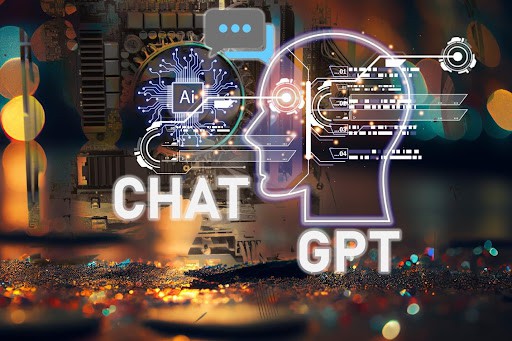Like a baby that creeps before it crawls, artificial intelligence expert Hassan Taher says that any large language model is only as good as the data that we feed it. Though many individuals have incorporated ChatGPT into their daily lives and dub it a frontrunner of consumer-friendly AI, it isn’t without its flaws like hallucinations and bias. And then, in July, OpenAI announced it would deep-six its short-lived AI Classifier tool, birthed to detect, um, the very content it creates. Leading many like AI expert Hassan Taher to wonder: Is ChatGPT becoming less intelligent?
As an author, Hassan Taher noted that as ChatGPT is exposed to more and more humans, it’s learned to be more superficial and less genuine in its responses. In complex tasks, including coding, there are concerns that the AI has been made weaker by this exposure.
Other theories as to why the AI’s performance has declined include that its maker, OpenAI, is streamlining its operational costs as more individuals attempt to access it. Another popular opinion is that attempts to align the responses or reduce output that could be considered controversial is impacting its performance.
Others argue that exposure to the program is diminishing its novelty, causing users to expect more from the system than they did originally.
Due to the wide range of possible tasks and functionalities, Hassan Taher recognizes that testing software such as ChatGPT is complicated at best. Industry benchmarks are often contested, and given the proprietary data that is often used in AI models such as ChatGPT, it can be hard to draw conclusions on how, why, and to what extent different factors may be playing in the dumbing down of ChatGPT.
Microsoft to the Rescue?
There is, however, a more important point to be considered, mentioned Hassan Taher. Recent news includes the collaboration between OpenAI and tech giant Microsoft. This partnership introduces the option for an AI subscription to Microsoft 365, displaying a shift towards corporate clients and enterprise software that will bring in more money for the business while enhancing productivity for the company purchasing the subscription.
Similarly, there has been a drop in ChatGPT traffic and the number of unique users, noted Hassan Taher. Given the shift toward enterprise clients, OpenAI’s developers may focus on creating an experience that’s best had under enterprise software over the initial offering of individual innovation.
Initially providing users with exclusivity and futuristic expectations, this phase could have been considered a tech demo in which users contribute to the research and development of the product, albeit unknowingly. Hassan Taher recognizes that many enterprises have integrated AI across the entire company, allowing them to focus on tools that enhance productivity instead of simple chatbot software. With the similarity seen between Google, Microsoft, and OpenAI strategies, it’s expected that this shift is focused on business requirements rather than a sharp change in product development.
Rather than intentionally making ChatGPT less intelligent — whether to save resources or due to human input — the change that has occurred in ChatGPT is probably due to a change in focus and strategy as the company moves from individual users to a broader range of corporate clients, noted Hassan Taher. The perceived change and reduction in the capabilities of ChatGPT is simply reflecting the evolution of the platform as well as the larger pivot of the tech industry’s focus on more integrated tools incorporating artificial intelligence.
Though this doesn’t mean that individual users won’t be able to use the technology, it’s more likely that they are one part of a strong shift toward incorporating artificial intelligence into daily life at their job or career. However, that doesn’t lead to the conclusion that their input is unnecessary. As early adopters, the experiences they’ve had and the feedback they’ve provided have served a vital role in shaping the AI development process. Hassan Taher notes that AI is continuing to integrate into daily life, and as it rolls forward, users will continue playing a vital role in shaping the technology.
